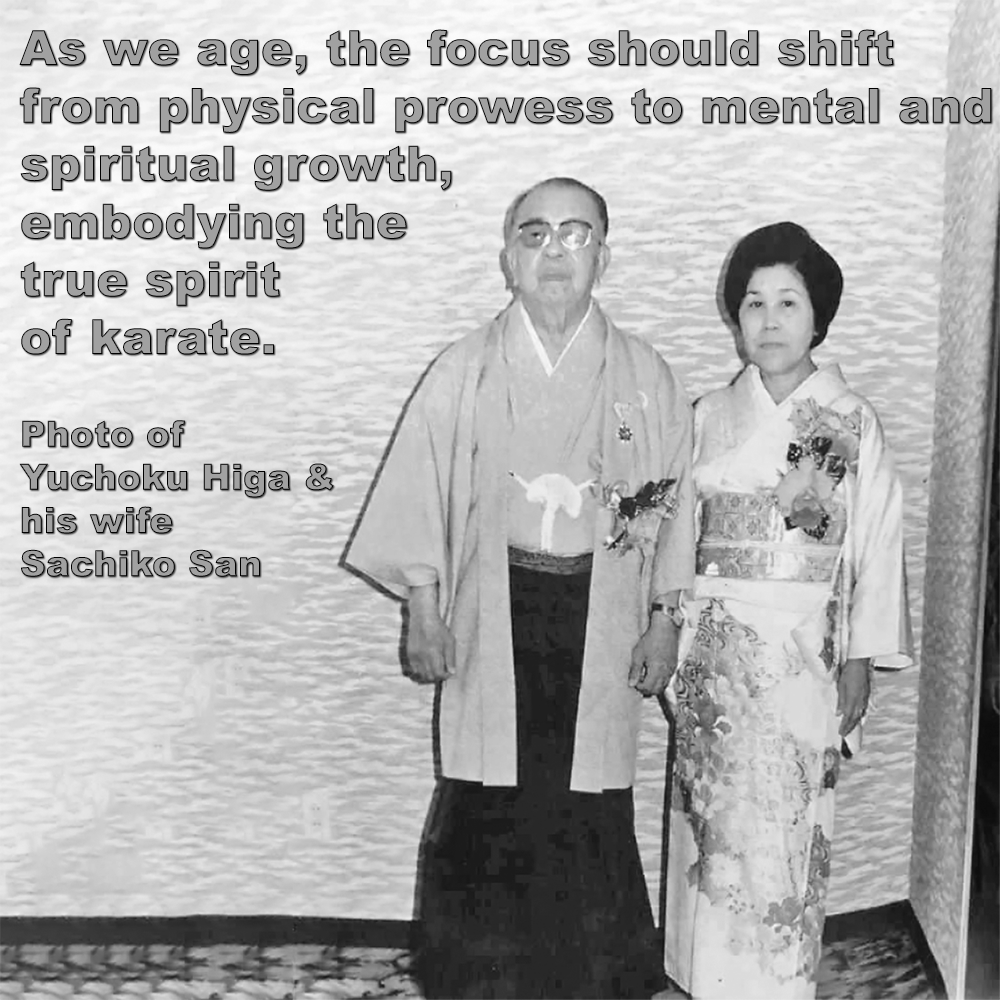
(Approx 1 minute 50 second read)
The islands at the southern end of Japan, once known as the Ryukyu Islands, have historically been known for longevity – once called the land of immortals.
.
People in Okinawa live longer than almost anyone on earth. This Japanese region has the highest proportion of people over 100 years old, and they’re remarkably healthy.
.
The islands boast some of the longest life spans globally, with Okinawa often referred to as one of the world’s “Blue Zones” – areas where people live measurably longer lives. Two-thirds of those who reached 100 were still living independently at the age of 97, according to studies. The people of Okinawa also have low rates of heart disease, stroke, cancer, and diabetes, further contributing to their reputation for longevity and health.
.
As researchers delve into the reasons for the unusually long and healthy lives of these island residents, they have become convinced that diet is a key component. The traditional local diet – rich in vegetables, soy products, and seafood. This diet, combined with smaller portion sizes and the cultural practice of “Hara Hachi Bu” (eating until you’re 80% full), contributes to their overall well-being.
.
However, diet isn’t the only factor contributing to Okinawa’s longevity. The physical activity and social connectedness of the residents are equally important.
.
Perhaps their greatest secret is a strong dedication to friends and family. They maintain a powerful social network called a “moai,” a lifelong circle of friends that supports people well into old age. The Okinawan people also have a strong sense of purpose in life, a driving force that they call “ikigai.”
.
Perhaps another key reason is that so many practice karate.
.
For the practitioners on Okinawa, karate has deep roots in their culture, and for them is more than just a method of self-defense. It’s a way of life that promotes physical fitness, mental discipline, and social interaction.
.
Many practitioners continue to practice karate well into their later years. Which not only keeps them physically active but also helps maintain their cognitive function and emotional well-being.
.
Apart for the self-defense aspect, perhaps karate’s emphasis on balance, breathing, and mindfulness aligns with the Okinawan approach to life – a balance of body, mind, and spirit. Embodying the principles of perseverance, discipline, and community – values that have undoubtedly contributed to the health and happiness of the Okinawan people.
.
“Karate should be practiced throughout one’s life, adapting to one’s changing body and mind. As we age, the focus should shift from physical prowess to mental and spiritual growth, embodying the true spirit of karate.” – Yuchoku Higa (unconfirmed).
.
.
Photo Credit: Yuchoku Higa with his wife Sachiko San.
.
Written by AC.
